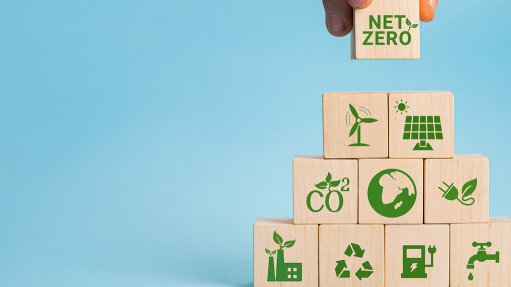
Transforming waste management to protect the environment
Waste management is a challenge facing all industries and is recognised as a critical concern in protecting the environment and aligning business objectives with the United Nation’s Sustainable Development Goals.
Consumer goods company Kimberly Clark notes that approximately 122-million tonnes of waste are generated in Africa each year. Of this waste, a maximum of only 10% is recycled or recovered for other uses, while at least 90% is landfilled or dumped illegally.
It says that waste management is rapidly evolving, with companies in manufacturing and packaging industries finding innovative ways to harmonise operations. The circular economy is seen as key to the transformation of waste management, with its emphasis on the principles of sharing, leasing, re-using, repairing, refurbishing and recycling materials.
The company highlights its commitment to the green economy by ensuring sustainable practices and connecting with the circular economy.
“At Kimberly-Clark we firmly believe in our moral obligation to manage waste effectively and sustainably, recognising that the circular economy represents a profound shift in our approach to manage waste,” asserts Kimberly-Clark environmental engineer at the Enstra manufacturing facility Sithembile Dlamini.
As a manufacturer of fast-moving consumer goods such as sanitary pads, toilet paper and disposable nappies, Kimberly-Clark says it has been at the forefront of sustainable practices and innovation. “Our sustainability goal of achieving zero waste to landfill serves as a driving force behind our efforts to improve waste management strategies within our mills. We achieve this by integrating waste minimisation through re-use, recycling and recovery, diverting valuable materials from landfills, reducing waste disposal, and phasing out certain unrecyclable materials to reduce the negative impact on the environment and conserve resource,” adds Dlamini.
Recycling technologies at the company’s manufacturing operations encompass various aspects, from waste segregation bins to energy recovery, composting and recycling. It notes that these initiatives have helped its Enstra manufacturing facility divert over 95% of waste from landfills, while enabling collaborative opportunities with small recycling enterprises.